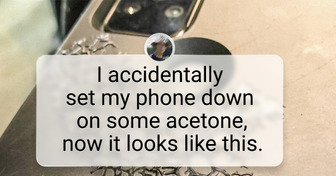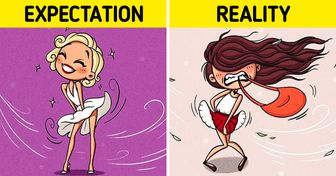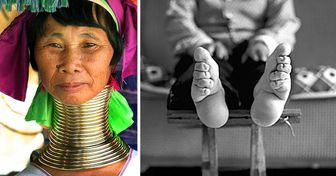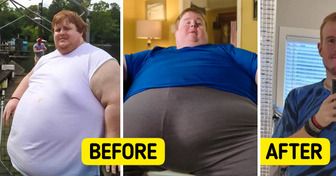7 Things Your Eyes Are Trying To Tell You About Your Health
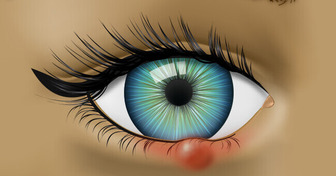
Calcium is an essential mineral that is best known for its important role in bone health. Our bodies also need it to stabilize blood pressure, regulate hormone secretion, and conduct nerve signals properly. When you don’t get enough calcium, you could suffer from calcium deficiency which could be identified by certain symptoms.
Hypocalcemia or the lack of calcium in your body may be visible on your skin. This condition usually makes your skin look scaly and dry. It has also been discovered that calcium deficiency has a close link to the development of skin problems such as eczema and psoriasis.
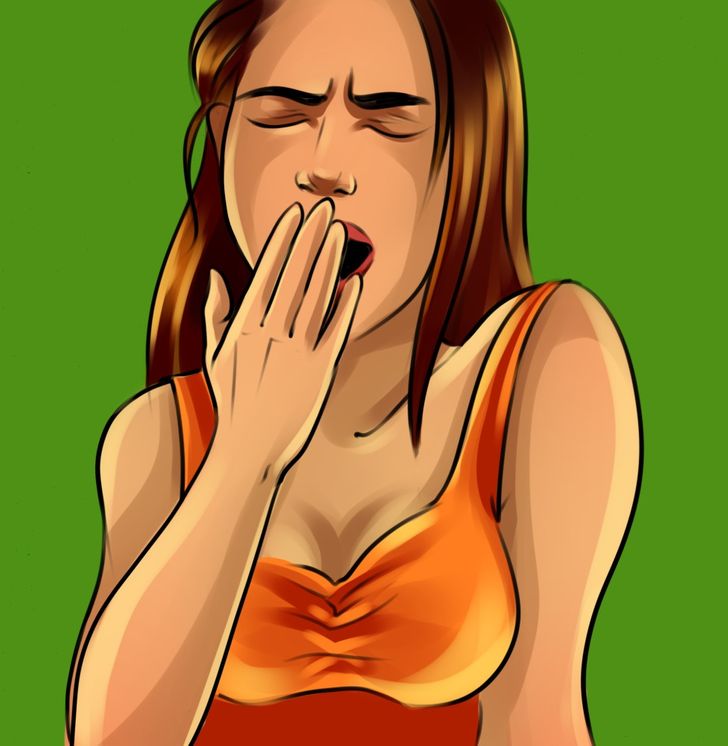
As a rule, an inadequacy of calcium in your body affects your overall physical health. So if you experience extreme fatigue, lethargy, lack of energy, or a constant feeling of sluggishness, ease up on the energy drinks and try to concentrate on balancing your diet instead.
It turns out that calcium is also essential for regulating your mood. This element is a natural sedative that produces calming and relaxing effects. So the general rule here is this: the less calcium you consume, the more depressed and irritable you may feel.
As you sleep, your levels of calcium rise and fall with higher levels occurring during deep sleep. So if your body lacks calcium, you’ll probably fail to have a satisfactory deep night’s sleep. This problem is directly related to the calcium’s role in the creation of melatonin, a hormone that helps us fall asleep.
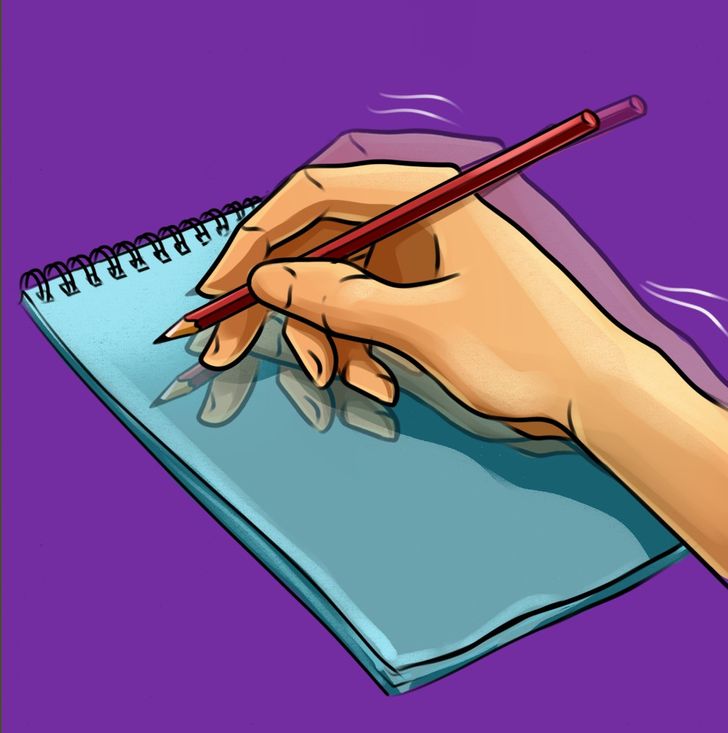
Paresthesia includes a bunch of neurological symptoms related to severe calcium deficiency. Among them, you may experience tingling and numbness around the mouth or in the fingers and toes, muscle tremors, an impaired sense of touch, and even poor memory and hallucinations.
Calcium plays an important role in maintaining a healthy immune system as it helps your body battle against viruses and bacteria. A deficiency of calcium reduces your body’s resistance against pathogen attacks and as a result, you’ll fall sick, get colds, cough, and sneeze more often.
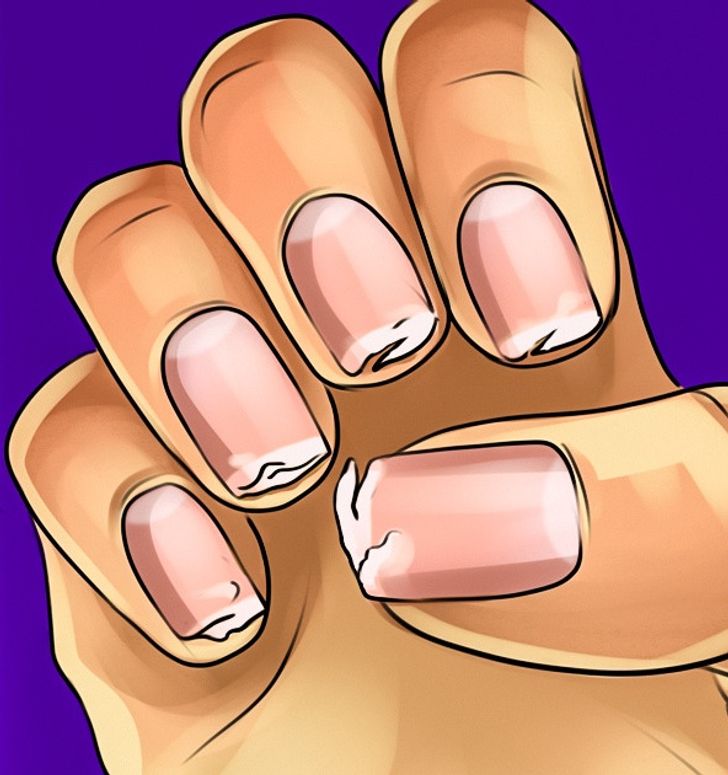
Like your bones, your nails also need a certain amount of calcium to maintain their integrity. So when you suffer from a calcium deficiency, your nails become excessively dry, weak and prone to peeling and splitting. Weak nails are not thick enough to withstand any impact, and they may often break during the simplest everyday activities.
Although it may sound rather surprising, calcium deficiency can also lead to dysphagia — or difficulty in swallowing. This feeling of tightness is caused by poor contractions of the muscles in your throat. In severe cases, it may even lead to spasms in the larynx and unusual voice changes.
The vast majority of calcium in your body is stored in your bones and teeth, so they are usually the first to suffer from calcium deficiency. Due to the lack of this vital element, your teeth may start to turn yellow, decay and hurt. Besides that, your risk of suffering from a periodontal disease may also increase.
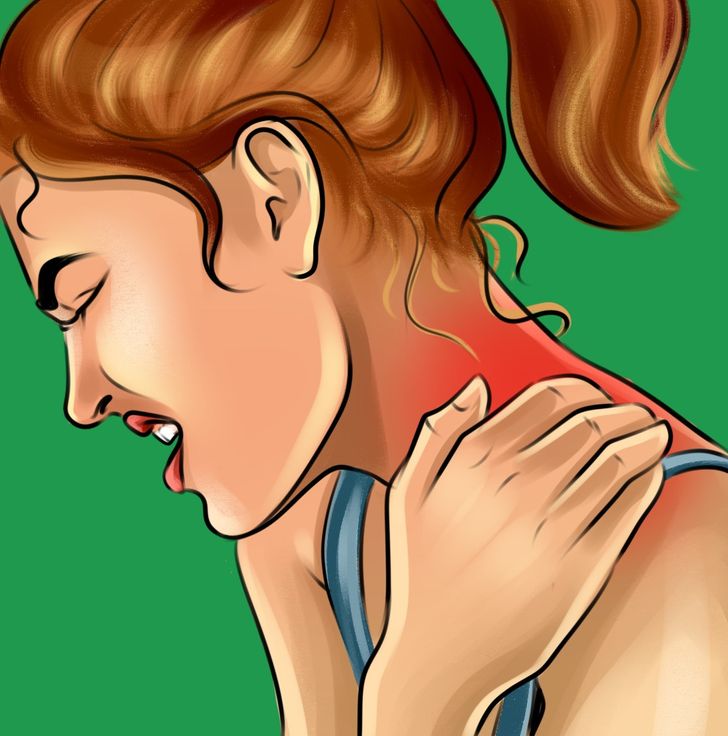
Muscle cramps in your thighs, calves, arms, and underarms that mostly occur at night may be one of the early symptoms of a calcium deficiency. Cramps can also be followed by muscle aches while moving and walking. It may even progress into spasms in muscles all over your body with time.
Every adult person should consume around 1000 mg of calcium a day. In order to maintain a proper calcium intake, you should add dark leafy greens like kale, broccoli, turnip greens and collards to your diet. Among other calcium-rich foods, it’s necessary to eat more fatty fish (salmon, sardines, mackerel, and tuna), cheese, milk, soybeans, almonds, and sesame seeds.
To help your body absorb calcium better, you should also increase your vitamin D intake. This vitamin is found in egg yolks, oysters, shrimp, mushrooms and some fortified foods like cereal, oatmeal, and orange juice.
Have you ever experienced any of these signs of calcium deficiency? Tell us in the comments!



